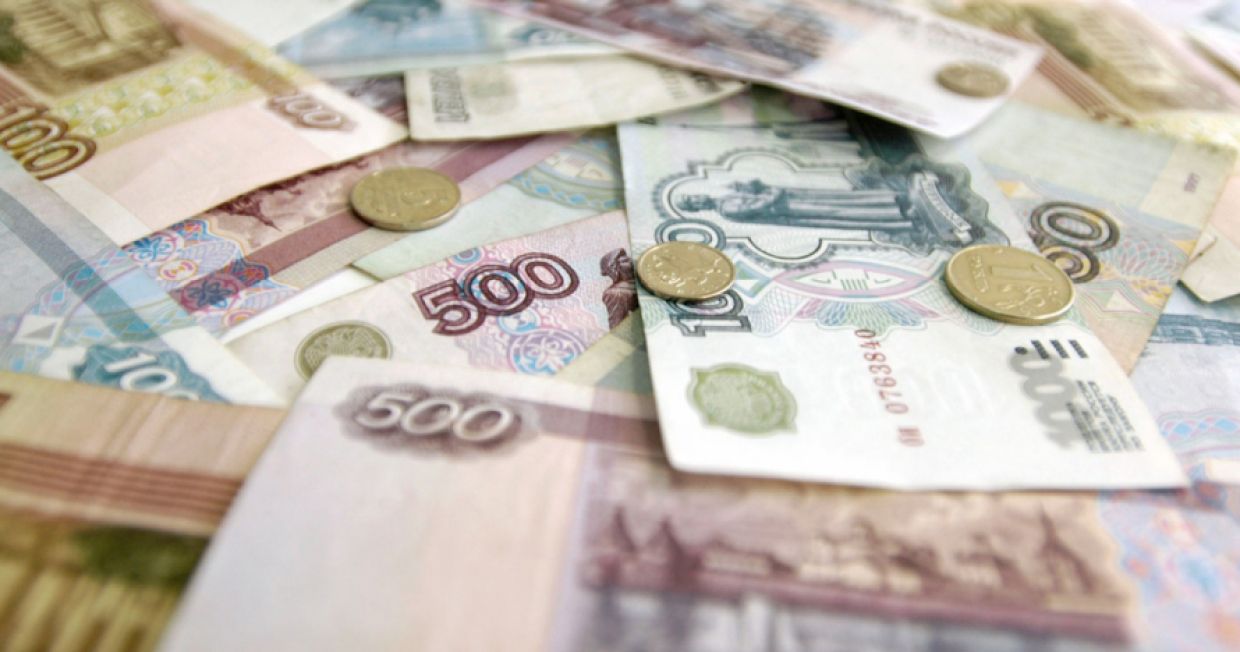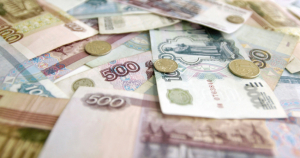
Geopolitics rule on Russian markets

There was an unusual phenomenon on Russian currency markets last week: while crude oil passed $90 a barrel for the first time since 2014, the ruble extended its decline. The ruble fell Wednesday below 80 to the U.S. dollar for the first time since late 2020.
- Russia’s currency and its stock exchanges are under geopolitical pressure. Traditionally, the ruble tracks the price of oil, Russia’s main export, but, in recent months, concerns about possible military conflict and new sanctions have been the main worry for investors.
- Most major movements on the markets have been linked to political events. For example, the ruble fell to a nine-month low against the ruble after a 21 January meeting between Foreign Minister Sergei Lavrov and U.S. Secretary of State Anthony Blinken. Three days earlier, the Moscow Stock Exchange fell by 6.5 percent on the news that Russia was recalling the relatives of its diplomats in Ukraine. And the markets strengthened rapidly last week after a Foreign Ministry statement that Russia “regards even the thought of war with Ukraine as unacceptable”.
- Everyone agrees that the Russian market will remain volatile until there are signs of improvement in relations with the West. Natalia Orlova, chief economist at Alfa Bank reckons that 80 rubles to the dollar is the weakest the ruble can be under current conditions. In her opinion, if there is no military escalation, the ruble will quickly strengthen. Alexander Potavin, an analyst with Finam investment holding, was less optimistic: he thinks the ruble could weaken as low as 86 to the U.S. dollar. Loko-Invest’s investment director Dmitry Polevoi agrees with Orlova that there is no fundamental reason for the ruble’s weakness. As soon as geopolitical tensions ease, the currency will recover. However, he does not expect this to happen any time soon.
Why the world should care: In terms of fundamentals, the Russian market looks very attractive right now: the price of oil, gas and metals is rising. But geopolitics is proving stronger. A weak ruble is good for energy companies and the state, but it hurts small businesses who have to order from abroad, investors and many ordinary Russian citizens.



